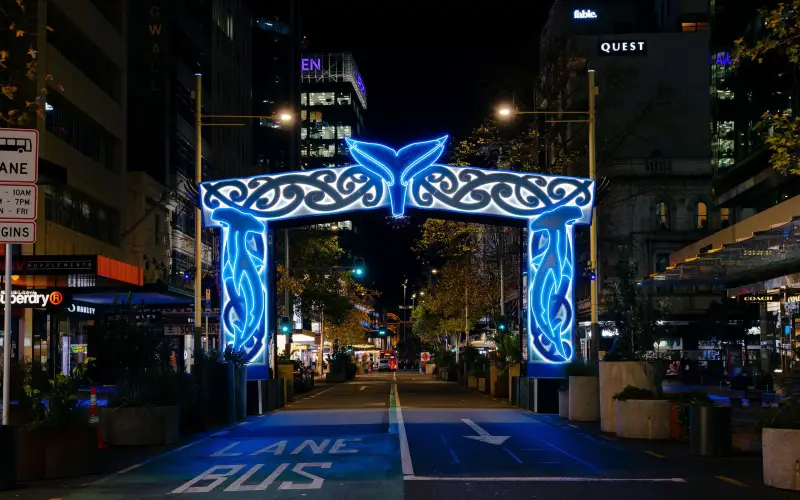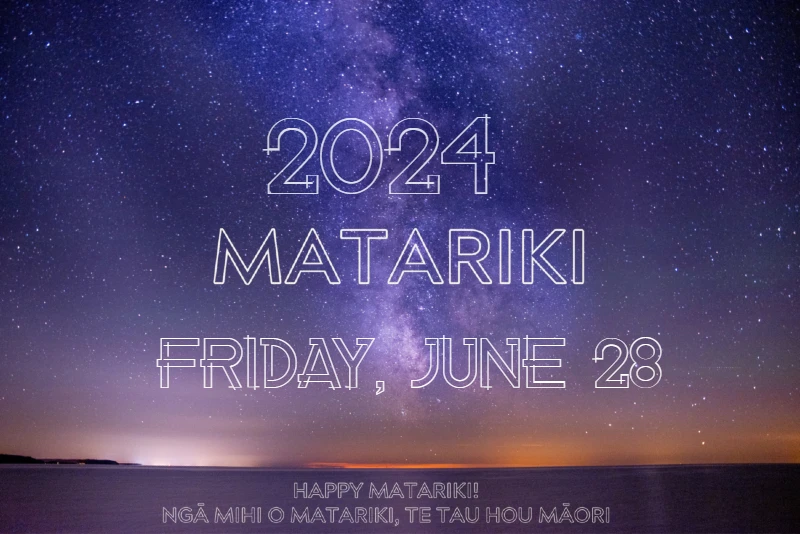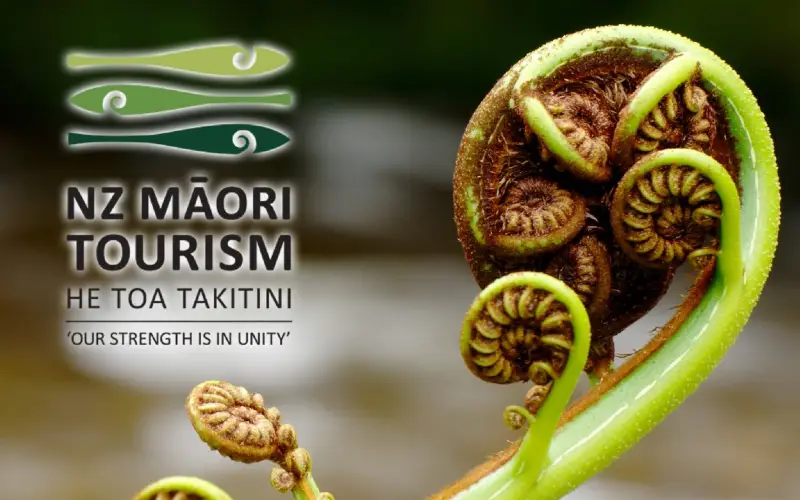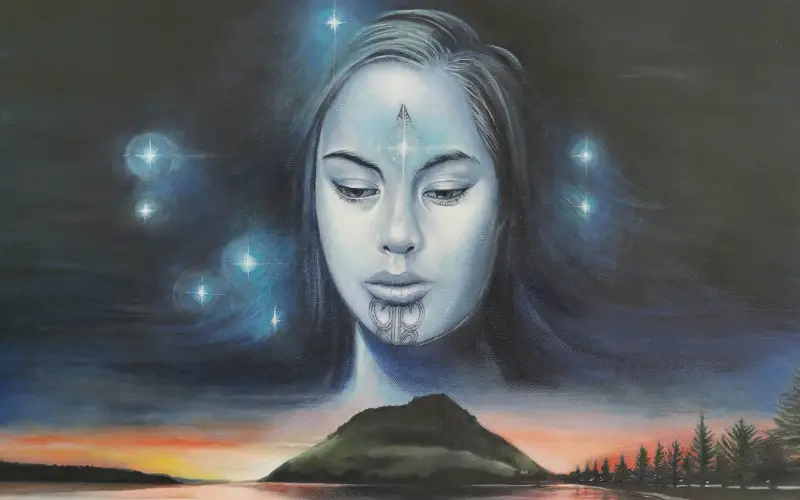Matariki 2024 will be celebrated on Friday, the 28th of June 2024, marking a special moment in the calendar as communities come together to honor this culturally significant event. This day, designated as a public holiday in New Zealand, invites people from all walks of life to engage in a rich tapestry of traditions, festivities, and reflections that embody the spirit of Matariki. As we approach this auspicious date, let’s delve into the essence of Matariki, exploring its historical roots, contemporary significance, and the various ways in which it can be celebrated, ensuring that this year’s Matariki is a memorable and meaningful experience for everyone. Check out celebration dates, events and traditions
Key Dates, Events, and Traditions :
Matariki 2024 Dates:
Matariki 2024 Dates: A Celestial Symphony and Cultural Significance
The anticipated celestial spectacle of Matariki 2024 is set to unfold on the night of Friday, June 28th, casting a luminous glow across the Southern Hemisphere’s winter sky. As the Pleiades star cluster ascends, communities eagerly await this auspicious event, marking not only a dazzling astronomical occurrence but a profound cultural and spiritual moment.
The choice of date holds cultural weight, intricately woven into the fabric of Māori tradition. Matariki, also known as the Māori New Year, is deeply connected to the agricultural cycles that have sustained communities for generations. The rise of the Pleiades at this specific time signals the beginning of a new agricultural year, providing a celestial cue for communities to prepare for the upcoming seasons.
This celestial dance of the Pleiades becomes a visual representation of renewal and regeneration. The stars, embedded in Māori mythology as the seven siblings of Matariki, symbolize not only the past but also the potential for growth and abundance in the future. It’s a cosmic reminder that nature follows its own rhythm, and as the stars align, so too do the cycles of life on Earth.
The dates of Matariki 2024 act as a catalyst for a plethora of traditional and contemporary celebrations. From ancient rituals passed down through generations to modern events that embrace the evolving cultural landscape, communities come together to honor the significance of this celestial event. Families and friends gather to share stories, participate in ceremonies, and indulge in feasts featuring special kai that connect them with the land and its resources.
In urban and rural settings alike, Matariki is a time for reflection and communal engagement. It’s a moment to pause and express gratitude for the harvest of the past year while setting intentions for the year ahead. The night sky becomes a canvas for cultural expression, with stargazing events and celestial observations offering a unique blend of scientific fascination and spiritual connection. For those wanting to know exactly where to look, check out the Interactive Night Sky Map Tool: Locate Matariki Now.
As Matariki 2024 approaches, communities across the Southern Hemisphere eagerly anticipate the mesmerizing display of the Pleiades, finding inspiration in the celestial ballet that mirrors the cycles of life. The dates not only mark an astronomical phenomenon but serve as a bridge between the past and the future, fostering a sense of unity, cultural pride, and anticipation for the new agricultural journey that lies ahead.

Matariki 2024 Events:
Matariki 2024 Events: A Tapestry of Tradition and Celebration
The celebration of Matariki extends beyond a single night, transforming the Māori New Year into a vibrant series of events that weave together cultural heritage and contemporary joy. From cultural ceremonies to community gatherings, each event adds a unique thread to the rich tapestry of traditions that characterize this auspicious time.
Cultural Ceremonies:
Matariki events often commence with traditional cultural ceremonies that pay homage to the ancestors and acknowledge the spiritual significance of the Pleiades. These ceremonies, conducted by local iwi (tribes) and community leaders, involve ancient rituals, waiata (songs), and kōrero (speeches) that connect the present with the storied past. By participating in these ceremonies, communities honor their heritage and reinforce a sense of cultural continuity.
Community Gatherings:
Throughout the Māori New Year, communities come together for a diverse array of gatherings. These can range from intimate whānau (family) celebrations to large-scale community festivals. Shared kai, storytelling, and the exchange of artistic expressions become a focal point, fostering a sense of unity and belonging. These gatherings provide an opportunity for people to strengthen community bonds, share experiences, and celebrate the diversity within their cultural tapestry.
Interactive Workshops and Exhibitions:
Matariki events often feature interactive workshops and exhibitions that showcase traditional Māori arts and crafts. From carving and weaving to poi-making and tā moko (tattoo) demonstrations, these activities allow participants to engage directly with the cultural practices that have been handed down through generations. These hands-on experiences serve as a bridge between past and present, enabling a deeper understanding and appreciation of Māori customs. Teachers looking for structured activities can find great resources in the Lesson Plans (Primary).
Stargazing Events:
A highlight of Matariki celebrations is the emphasis on stargazing events. Given the celestial significance of the Pleiades cluster, communities organize gatherings for people of all ages to marvel at the night sky. These events often include expert-led discussions on astronomy, storytelling related to the stars, and opportunities to view the Pleiades through telescopes. Stargazing events provide a unique blend of scientific fascination and cultural reverence, allowing participants to connect with the beauty of the cosmos and the ancient stories embedded in the stars.
Setting Intentions for the Future
As Matariki events unfold, there is a collective focus on setting intentions for the future. Whether through traditional ceremonies or personal reflections, individuals use this time to contemplate personal growth, community aspirations, and the well-being of the planet. Matariki becomes a symbolic moment for planting the seeds of positive change, aligning with the agricultural theme of renewal woven into the fabric of the celebration.
In essence, Matariki 2024 events form a dynamic tapestry that celebrates the past, embraces the present, and sets a course for the future. Through cultural ceremonies, community gatherings, workshops, and stargazing events, Matariki becomes a time of connection, learning, and shared aspirations that transcend generations.

Matariki 2024 Auckland:
Matariki 2024 Auckland: A Kaleidoscope of Culture and Celebration
Auckland, New Zealand’s largest and most cosmopolitan city, takes center stage as a vibrant focal point for Matariki celebrations in 2024. The city’s diverse communities come together to create a cultural kaleidoscope, showcasing the richness of Māori heritage and commemorating the interconnectedness of traditions that have shaped the region for centuries.
Interactive Exhibitions:
Auckland’s Matariki events are known for their interactive exhibitions, providing a dynamic platform for engagement with Māori traditions. Museums, galleries, and cultural institutions collaborate to curate exhibits that blend ancient practices with contemporary expressions. From intricately carved waka (canoes) to modern interpretations of traditional art forms, these exhibitions offer a comprehensive glimpse into the evolving tapestry of Māori culture.
Cultural Performances:
The beating heart of Matariki in Auckland lies in its cultural performances. The city’s stages come alive with the resonant beats of traditional Māori instruments, the graceful movements of kapa haka groups, and the melodic voices of Māori singers. These performances not only entertain but also serve as a powerful medium for storytelling, conveying the significance of Matariki and its role in connecting communities across time and space.
Kai Festivals:
Auckland’s Matariki celebrations are incomplete without the indulgence in traditional kai (food). Kai festivals spring up across the city, featuring a delectable array of dishes that draw inspiration from Māori culinary traditions. From hangi-cooked feasts to contemporary twists on classic recipes, these festivals encourage a culinary exploration that mirrors the diversity and richness of Māori gastronomy. Educators planning resources might benefit from reviewing Downloadable Maramataka PDFs & Charts for further learning materials.
Cultural Exchange and Unity:
Auckland’s Matariki events embody a unique blend of tradition and modernity, creating a space for cultural exchange and unity. The city’s multicultural population actively participates in and contributes to the festivities, fostering a sense of belonging and shared celebration. Matariki becomes a bridge, connecting people from different backgrounds through a mutual appreciation for the cultural heritage woven into the fabric of New Zealand.
Community Engagement:
Beyond the festivities, Matariki in Auckland encourages active community engagement. Workshops, educational programs, and community projects create opportunities for residents to deepen their understanding of Māori traditions, fostering a sense of respect and appreciation for the cultural diversity that defines the city.
In essence, Auckland’s Matariki celebrations in 2024 are a testament to the city’s commitment to honoring and celebrating Māori culture. Through vibrant parades, interactive exhibitions, cultural performances, kai festivals, and a spirit of community engagement, Auckland embraces Matariki as a time for unity, celebration, and the weaving together of diverse cultural threads into a harmonious tapestry.

What is Matariki Day 2024?
What is Matariki Day 2024? A Culmination of Tradition and Renewal
Matariki Day in 2024 serves as the poignant finale of the Matariki celebrations, encapsulating the essence of Māori culture and emphasizing the themes of renewal and personal growth. This day, rich in tradition and significance, becomes a communal canvas upon which communities paint expressions of gratitude, remembrance, and aspirations for the future.
Traditional Ceremonies:
Matariki Day kicks off with traditional ceremonies that vary across communities but share a common thread of reverence for the ancestors and the natural world. These ceremonies often involve the offering of prayers, songs, and the recitation of ancient narratives that connect the present to the past. As the Pleiades gracefully mark the culmination of their celestial journey, Matariki Day ceremonies become a powerful expression of cultural continuity and spiritual connection.
Feasts Featuring Special Kai:
Central to Matariki Day celebrations is the indulgence in special kai, a feast that pays homage to the land and its offerings. Families and communities gather around tables laden with traditional dishes, many inspired by Māori culinary traditions. The preparation and sharing of food during these feasts become a symbolic act, fostering a sense of unity and abundance. The flavors of the kai serve not only to nourish the body but also to connect individuals with the land, reinforcing the cyclical nature of life and sustenance.
Personal Reflections:
Matariki Day is a time for personal introspection and reflection. Individuals engage in moments of solitude or communal discussions to contemplate the challenges and triumphs of the past year. This introspection isn’t merely a retrospective exercise; it also sets the stage for envisioning personal growth and aspirations for the upcoming year. The stars of Matariki, representing both the past and the potential for the future, become guiding lights for those seeking to align their paths with the rhythms of nature and cultural heritage.
Setting Intentions for the Upcoming Year:
A central theme of Matariki Day is the setting of intentions for the upcoming year. Individuals take this opportunity to define personal goals, aspirations, and commitments. Whether it be fostering stronger community connections, pursuing educational endeavors, or embracing personal well-being, Matariki Day becomes a symbolic moment for planting the seeds of positive change. The act of setting intentions aligns with the agricultural motif of renewal, symbolizing a fresh start and a commitment to growth.
Embracing Themes of Renewal:
At its core, Matariki Day encapsulates the broader themes of renewal and regeneration deeply embedded in Māori culture. The celestial event signifies not only the end of one year but the beginning of another, inviting individuals to shed the metaphorical weight of the past and embrace the promise of a new cycle. The day becomes a celebration of resilience, adaptation, and the continuous evolution of life’s journey.
In conclusion, Matariki Day in 2024 stands as a culmination of Māori New Year celebrations, weaving together traditions, cultural practices, and the collective aspirations of communities. It is a day to honor the past, revel in the present, and welcome the future with open hearts and minds, guided by the celestial dance of Matariki.
Matariki Public Holiday 2024 FAQ
Is Matariki a public holiday in 2024?
Yes, Matariki is observed as a public holiday in 2024. The date for the Matariki public holiday in 2024 is Friday, 28th June.
Is Matariki on the same date every year?
No, Matariki does not fall on the same date every year. The date of Matariki varies each year as it is determined by the Māori lunar calendar and the rising of the Matariki star cluster (Pleiades). It typically occurs during the New Zealand winter months.
Can you see Matariki all year round?
No, Matariki is not visible all year round. The Matariki star cluster disappears from the night sky for about a month before reappearing just before dawn during mid-winter, marking the Māori New Year.
When can you see Matariki in 2024?
In 2024, Matariki can be observed in the early morning sky around late June, leading up to and including the public holiday on Friday, 28th June. The best time to see it is about an hour before dawn, looking towards the northeast horizon.
How long will Matariki last for in 2024?
The Matariki celebrations can last anywhere from a day to a month, depending on the community and regional celebrations. However, the specific observation of the Matariki star cluster is traditionally marked by the appearance of the Matariki constellation in the dawn sky, beginning around the date of the public holiday, 28th June 2024, and can be observed for several days thereafter as it rises higher in the sky before dawn.
When is matariki 2024 ?
Matariki in 2024, also known as the Māori New Year, will be celebrated on Friday, June 28th, 2024. This annual event marks the appearance of the Pleiades star cluster and holds significant cultural and astronomical importance in New Zealand.
Matariki 2024
Matariki is a time for remembering the deceased, celebrating the present, and planning for the future. It is a period of cultural events and celebrations across New Zealand, reflecting the significance of Matariki in Māori culture as well as its growing recognition as a part of New Zealand’s national identity.
Share Your Matariki Stories: Win a $50 Prepaid Visa Card!
We’re eager to hear from you! Tell us what Matariki means to you and your family and share how you’ll be celebrating it this year. Your stories and traditions are what make Matariki so special, and we’d love to learn about the unique ways you honor this time of unity and reflection. By sharing your experiences, you’ll not only connect with others but also get the chance to win a $50 prepaid Visa card! That’s right, your contribution could bring you a delightful bonus to your Matariki celebrations.
Don’t miss this opportunity to express what this significant event represents to you and to celebrate the diversity and richness of our community’s observances. The winner will be announced on the 28th of June 2024, making the day even more memorable. So, let’s come together and share our stories, fostering a deeper understanding and appreciation of Matariki. Drop your comments below and let the celebrations begin!




